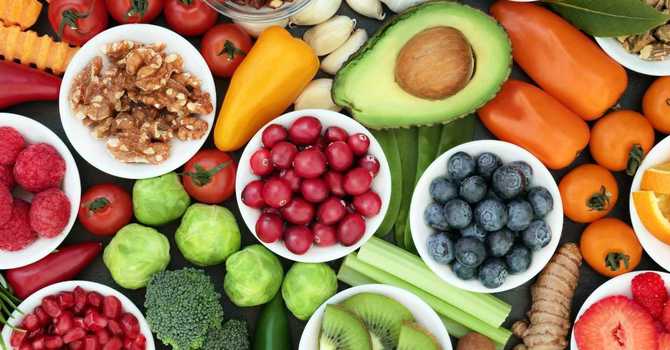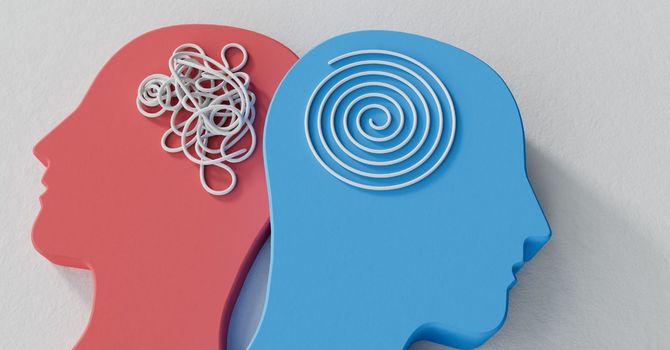In Chapter 4 of "The Better Brain," the narrative unfolds the critical relationship between micronutrients and mental health, providing a comprehensive understanding that bridges the gap between nutrition and brain function. This chapter, serving as an integral component of Part II: "Better Nutrition for a Better Brain," lays the foundation for a revolutionary approach that emphasizes the power of dietary choices in influencing mental health outcomes.
The authors, Bonnie Kaplan and Julia J. Rucklidge, meticulously detail the role of micronutrients—vitamins, minerals, and other essential nutrients—in supporting brain health and mitigating the symptoms of various mental health conditions such as anxiety, depression, ADHD, and stress. Through an exploration of scientific studies and clinical trials, the chapter underscores how deficiencies in these micronutrients can lead to significant psychological distress, highlighting the importance of a well-rounded, nutrient-rich diet.
Several examples illustrate the profound impact of micronutrient supplementation on mental health:
Research has established a correlation between ADHD and deficiencies in essential minerals such as copper, magnesium, phosphorus, and zinc.
Anxiety has been linked to low levels of potassium, magnesium, phosphorus, and selenium, suggesting that supplementation could alleviate symptoms.
A comprehensive review of mineral deficiencies across all evaluated mental health problems revealed a strong pattern, indicating the widespread relevance of micronutrient supplementation in mental health care.
Furthermore, the chapter delves into practical advice on integrating nutrient-rich foods into one's diet, with a focus on the benefits of whole foods and diverse dietary patterns that prioritize the intake of essential micronutrients. The authors advocate for a holistic approach to mental health treatment that encompasses dietary modifications and targeted nutritional interventions, offering hope and actionable solutions to individuals seeking to enhance their mental well-being through nutrition.
As we move deeper into Part II, the subsequent chapters build upon these foundational insights, exploring specific dietary strategies, the gut-brain connection, and the implications of modern food production on nutrient availability. The comprehensive discussion in Chapter 4 not only educates readers on the importance of micronutrients for mental health but also equips them with the knowledge to make informed dietary choices that support brain health and resilience.
I hope you all have a great week - and check back in for Chapter 5 next week!
Action: Visit https://eckertcentre.com/pages/revive-wellness-services to learn more about our partnership with Revive Wellness (Registered Dietician services) and book your free consultation to see how they can help your family improve mental health through food.
Madison is a Psychology Assistant; Digital Marketing Assistant at Eckert Centre. She's currently deepening her understanding of psychology at the University of British Columbia. Madison brings her passion for mental health to our community through her writing. As our blogger in residence, her contributions offer a fresh perspective and shed light on the importance of mental wellbeing. We are grateful for her eloquent words and the insights she shares on her journey towards cultivating a "Wise Self." For more insights, information, or to book an appointment, please visit www.eckertcentre.com or reach out to our team at info@eckertpsychology.com.
Works Cited
Kaplan, Bonnie J., and Julia J. Rucklidge. The Better Brain: Overcome Anxiety, Combat Depression, and Reduce ADHD and Stress with Nutrition. Mariner Books, 2022.




